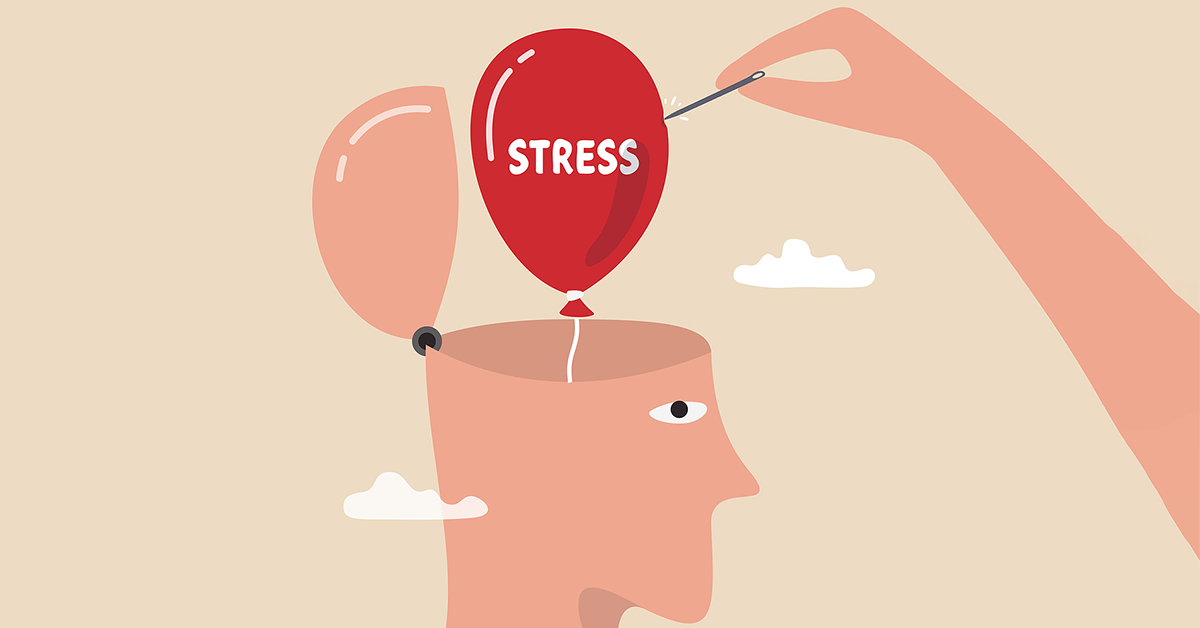Experiencing irregular menstruation is a common issue for many women, and there are often several underlying factors at play. Irregular menstrual cycles can be unpredictable and vary in terms of timing, duration, or flow. This condition can significantly impact a woman’s health and overall quality of life. Here are some possible reasons for irregular menstrual periods:

Hormonal Changes: Hormonal fluctuations can affect the regularity of the menstrual cycle. Periods of life transitions such as adolescence, pregnancy, breastfeeding, changes in birth control methods, or menopause can influence hormones and disrupt the menstrual cycle.
Experiencing irregular menstruation is a common issue for many women, and there are often several underlying factors at play. Irregular menstrual cycles can be unpredictable and vary in terms of timing, duration, or flow. This condition can significantly impact a woman’s health and overall quality of life. Here are some possible reasons for irregular menstrual periods:

Hormonal Changes: Hormonal fluctuations can affect the regularity of the menstrual cycle. Periods of life transitions such as adolescence, pregnancy, breastfeeding, changes in birth control methods, or menopause can influence hormones and disrupt the menstrual cycle.
Stress: High levels of stress can trigger the release of cortisol, known as the stress hormone. This can contribute to hormonal imbalances and irregular menstrual cycles.

Weight Changes: Sudden weight gain or weight loss can disrupt hormonal balance and consequently lead to irregular periods. Particularly, extreme fluctuations in weight can affect the body’s fat storage and hormone production, impacting the menstrual cycle.

Dietary Habits: Unbalanced or unhealthy eating habits can fail to meet the body’s nutritional needs and result in irregular menstruation. Inadequate intake of essential nutrients, vitamins, and minerals can lead to hormonal imbalances.
Polycystic Ovary Syndrome (PCOS): PCOS is a condition characterized by the formation of cysts on the ovaries, leading to hormonal imbalances. This can cause irregular menstruation and is often associated with insulin resistance, weight gain, and hormonal changes.
Thyroid Problems: Malfunctioning of the thyroid gland can disrupt the menstrual cycle. Improper regulation of thyroid hormones can affect the menstrual cycle and result in irregular periods.
Hormonal Birth Control: Using hormonal birth control methods can increase the likelihood of experiencing irregular periods as the body adjusts to them. Methods such as birth control pills, intrauterine devices (IUDs), and hormonal implants can impact the menstrual cycle and lead to irregularities.
While irregular menstrual periods often do not indicate a serious health issue, it’s essential to seek medical advice if they persist or if you experience significant pain or discomfort. A healthcare professional can identify the underlying cause and recommend appropriate treatment. Additionally, maintaining regular health check-ups, making healthy lifestyle choices, and practicing stress management techniques can help regulate the menstrual cycle and improve overall health.
Stress: High levels of stress can trigger the release of cortisol, known as the stress hormone. This can contribute to hormonal imbalances and irregular menstrual cycles.
Weight Changes: Sudden weight gain or weight loss can disrupt hormonal balance and consequently lead to irregular periods. Particularly, extreme fluctuations in weight can affect the body’s fat storage and hormone production, impacting the menstrual cycle.
Dietary Habits: Unbalanced or unhealthy eating habits can fail to meet the body’s nutritional needs and result in irregular menstruation. Inadequate intake of essential nutrients, vitamins, and minerals can lead to hormonal imbalances.
Polycystic Ovary Syndrome (PCOS): PCOS is a condition characterized by the formation of cysts on the ovaries, leading to hormonal imbalances. This can cause irregular menstruation and is often associated with insulin resistance, weight gain, and hormonal changes.
Thyroid Problems: Malfunctioning of the thyroid gland can disrupt the menstrual cycle. Improper regulation of thyroid hormones can affect the menstrual cycle and result in irregular periods.
Hormonal Birth Control: Using hormonal birth control methods can increase the likelihood of experiencing irregular periods as the body adjusts to them. Methods such as birth control pills, intrauterine devices (IUDs), and hormonal implants can impact the menstrual cycle and lead to irregularities.
While irregular menstrual periods often do not indicate a serious health issue, it’s essential to seek medical advice if they persist or if you experience significant pain or discomfort. A healthcare professional can identify the underlying cause and recommend appropriate treatment. Additionally, maintaining regular health check-ups, making healthy lifestyle choices, and practicing stress management techniques can help regulate the menstrual cycle and improve overall health.


